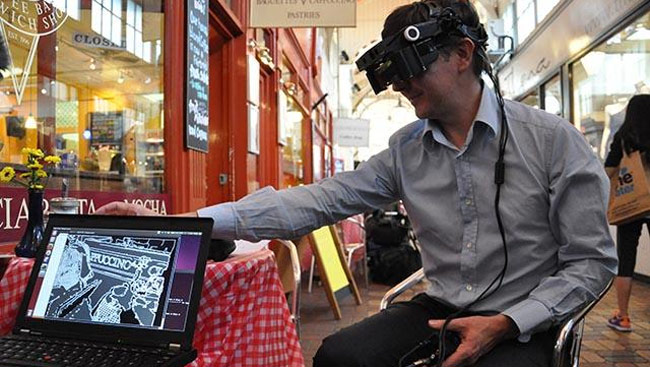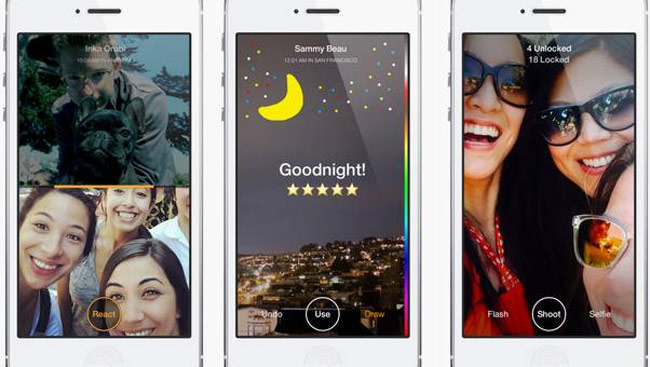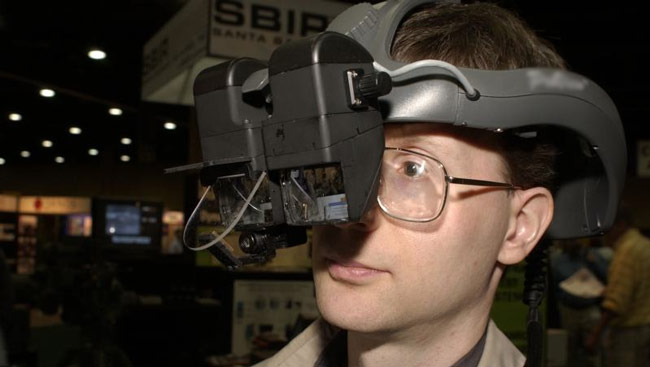A discovery on how bacteria interact with salt to build complex three-dimensional shelters to hibernate has led scientists to believe that the micro-organisms can help find signs of life on other planets.
"Given the richness and complexity of these formations, they may be used as biosignatures in the search for life in extremely dry environments outside our own planet, such as the surface of Mars or that of Jupiter's satellite, Europa," said biologist Jose Maria Gomez from Laboratory of BioMineralogy and Astrobiological Research (LBMARS) at University of Valladolid-CSIC, Spain.
The researchers found that when escherichia coli cells are introduced into a droplet of salt water and left to dry, bacteria manipulate the sodium chloride crystallisation to create an impressive tapestry of biosaline patterns with complex 3D architecture, where they hibernate.
"The most interesting result is that the bacteria enter a state of hibernation inside these desiccated patterns, but they can later be 'revived' simply by rehydration," Gomez added.
This is the first report that demonstrates how whole bacterial cells can manage the crystallisation of sodium chloride (NaCl) and generate self-organised biosaline structures of a fractal or dendritic appearance.
The LBMARS laboratory is involved in the development of the Raman RLS instrument of the ExoMars rover, the mission that the European Space Agency (ESA) will send to the red planet in 2018, and this new finding may help them search for possible biological signs.
According to Gomez: "The patterns observed will help calibrate the instrument and test its detection of signs of hibernation or traces of Martian life."
The study appeared in the journal Astrobiology.





